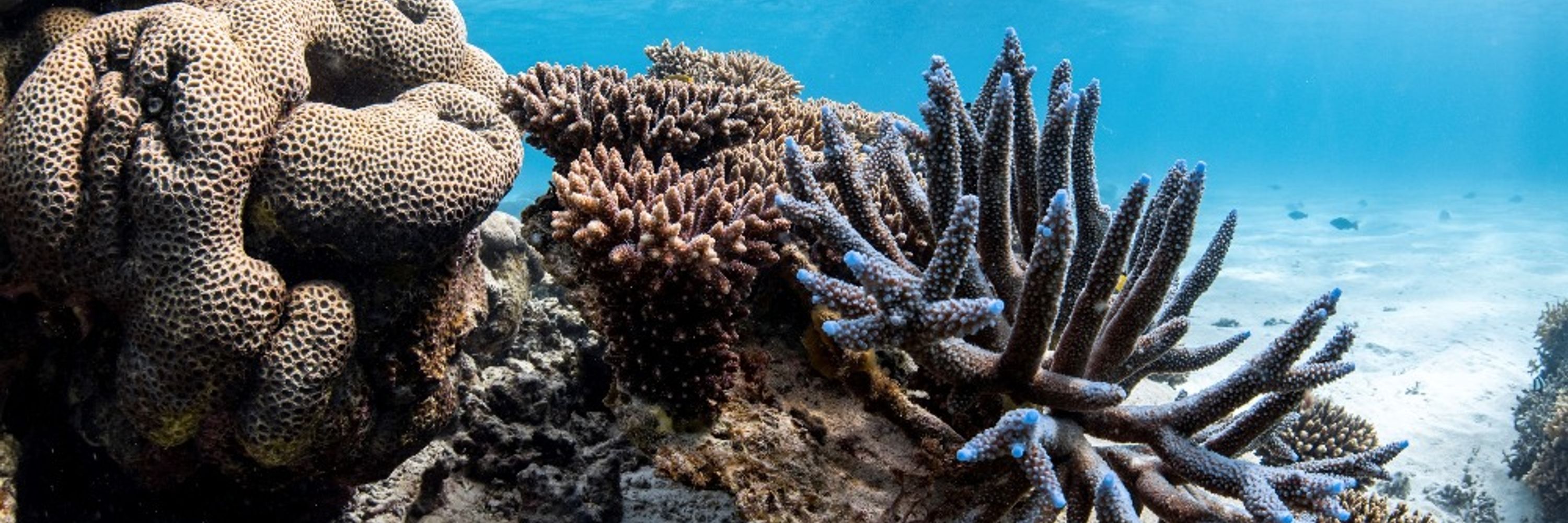
www.verenaschoepf.com
There's lot of mediocre climate films out there, but for me these stand out head & shoulders above the rest 🎞️
They make excellent resources for classrooms, lecture halls, or community cinema's 🎬
Thread:🧵Plz RT

There's lot of mediocre climate films out there, but for me these stand out head & shoulders above the rest 🎞️
They make excellent resources for classrooms, lecture halls, or community cinema's 🎬
Thread:🧵Plz RT

www.nature.com/articles/d41...


Coral Reefs Reveal a Revolutionary Light-Sensing Mechanism Using Chloride Ions Coral reefs, often thought to be passive and simple marine organisms, harbor a sophisticated biological secret that rewrites the textbook on how animals perceive light. A…

Coral Reefs Reveal a Revolutionary Light-Sensing Mechanism Using Chloride Ions Coral reefs, often thought to be passive and simple marine organisms, harbor a sophisticated biological secret that rewrites the textbook on how animals perceive light. A…
View all opportunities here: fuesslab.wp.txstate.edu/opportunities/
#undergraduate #graduate #postdoc #research #seagrass #coralreefs #coral #mangroves #phd #careers #symbiommunity

View all opportunities here: fuesslab.wp.txstate.edu/opportunities/
#undergraduate #graduate #postdoc #research #seagrass #coralreefs #coral #mangroves #phd #careers #symbiommunity
Surprisingly, they find no clear national-level decline in coral cover over nearly 30 years. 🤯
link.springer.com/article/10.1007/s00338-024-02540-6

Surprisingly, they find no clear national-level decline in coral cover over nearly 30 years. 🤯
link.springer.com/article/10.1007/s00338-024-02540-6
uq.wd3.myworkdayjobs.com/uqcareers/jo...

uq.wd3.myworkdayjobs.com/uqcareers/jo...
Coral reefs, often hailed as the rainforests of the sea, face an unprecedented crisis as rising ocean temperatures driven by climate change relentlessly threaten their survival. These ecosystems, which support an…

Coral reefs, often hailed as the rainforests of the sea, face an unprecedented crisis as rising ocean temperatures driven by climate change relentlessly threaten their survival. These ecosystems, which support an…
The finding highlights the climate's impact on fundamental oceanic processes & the coastal communities that depend on them."
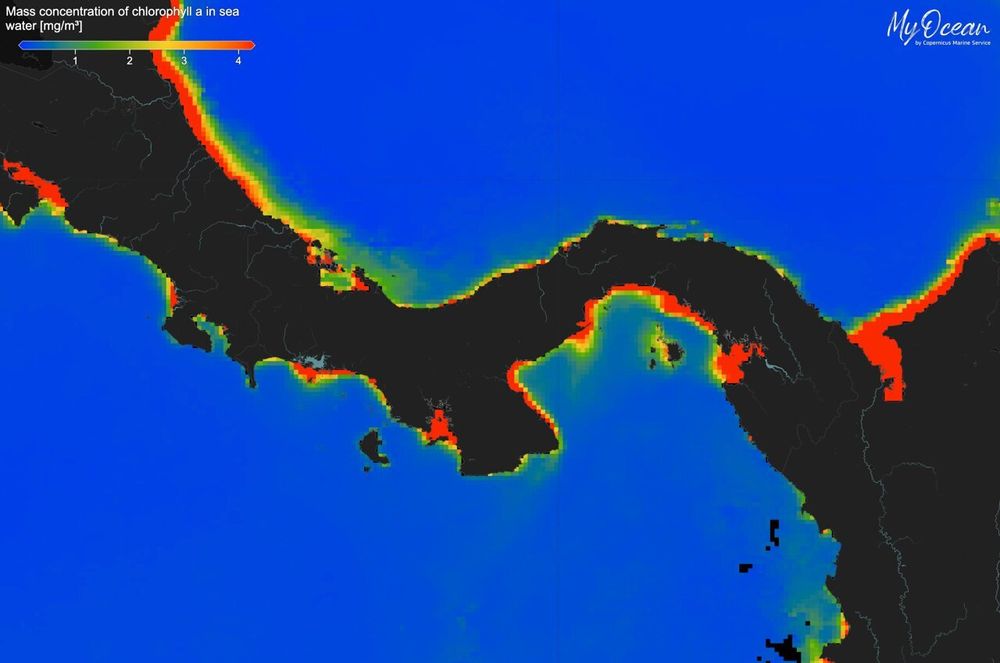
The finding highlights the climate's impact on fundamental oceanic processes & the coastal communities that depend on them."
www.sif.sc/node/679
#jobs #seychelles #coralreefs #jobopportunity #marinescience #coral #sciencecoordinator #marineecology #careers #marinebiology
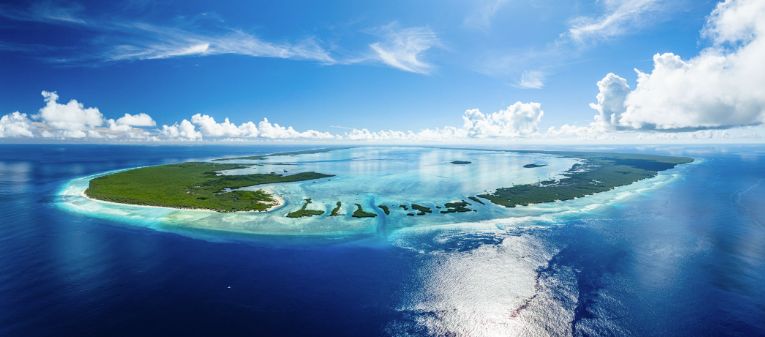
www.sif.sc/node/679
#jobs #seychelles #coralreefs #jobopportunity #marinescience #coral #sciencecoordinator #marineecology #careers #marinebiology
Thanks, Blanca, for leading this effort! 💪
We are having a lot of fun working together, so more #bryozoan #microbiome collabs will be happening soon 😊
Our new paper is out today in @commsbio.nature.com @natureportfolio.nature.com 🚨
🔗https://www.nature.com/articles/s42003-025-08524-8
We studied how two Mediterranean bryozoan species respond to ocean acidification & warming using a natural underwater CO₂ vent as a climate change lab. 🌊🧫
🧵⬇️
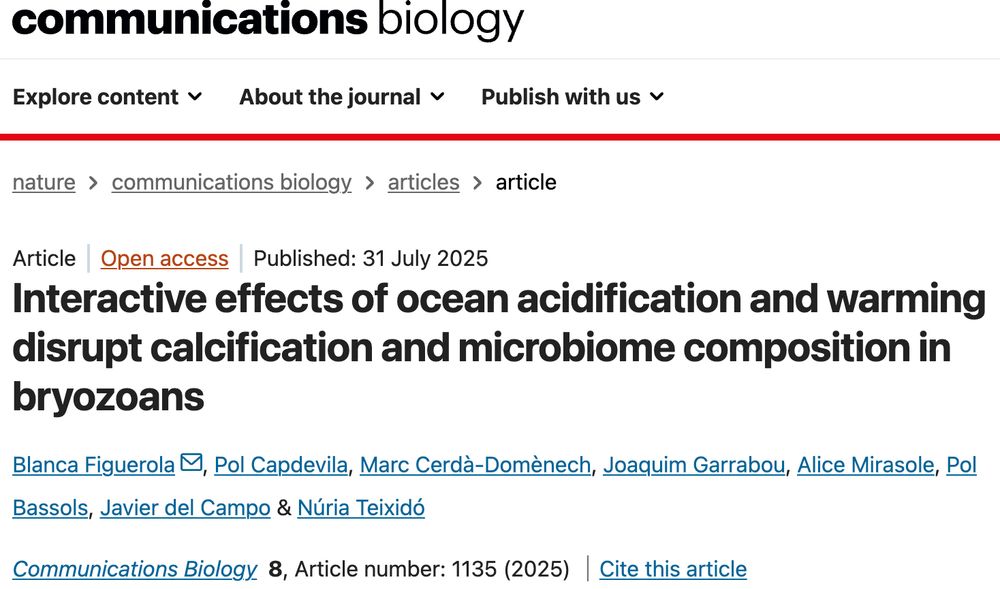
Thanks, Blanca, for leading this effort! 💪
We are having a lot of fun working together, so more #bryozoan #microbiome collabs will be happening soon 😊
Our new study with Markus Reuter looks back millions of years to see how reef corals responded to past climate stress. Their story may hold clues for how modern reefs will cope with today's warming oceans. www.nature.com/articles/s43...

Our new study with Markus Reuter looks back millions of years to see how reef corals responded to past climate stress. Their story may hold clues for how modern reefs will cope with today's warming oceans. www.nature.com/articles/s43...

To apply for either of these positions send your CV to: contact@global-reef.com
Full job details can be found here: www.facebook.com/groups/coral...
#coralreefs #jobs #jobpostings #jobopportunities

To apply for either of these positions send your CV to: contact@global-reef.com
Full job details can be found here: www.facebook.com/groups/coral...
#coralreefs #jobs #jobpostings #jobopportunities
www.nature.com/articles/s41...

www.nature.com/articles/s41...
New study including researchers from Freie Universität Berlin @freieuniversitaet.bsky.social and recently published in “Nature Scientific Reports” @nature.com
www.nature.com/articles/s41...

New study including researchers from Freie Universität Berlin @freieuniversitaet.bsky.social and recently published in “Nature Scientific Reports” @nature.com
www.nature.com/articles/s41...
www.sandiegouniontribune.com/2025/07/09/u...

www.sandiegouniontribune.com/2025/07/09/u...
In 2025, that future has arrived.
Europe is burning. Texas is flooding. Coral reefs are collapsing.
This is not “the new normal.”
This is the start of breakdown.
Act like it. Speak like it.
Before it’s too late

In 2025, that future has arrived.
Europe is burning. Texas is flooding. Coral reefs are collapsing.
This is not “the new normal.”
This is the start of breakdown.
Act like it. Speak like it.
Before it’s too late
In this new study, we found that heat stress experiments on corals rarely match the conditions of real-world marine heatwaves. (1/2)
www.sciencedirect.com/science/arti...

In this new study, we found that heat stress experiments on corals rarely match the conditions of real-world marine heatwaves. (1/2)
www.sciencedirect.com/science/arti...
Turns out that 2/3 of these assertions are very wrong...
🌐
🦑🧪
🧵⬇️
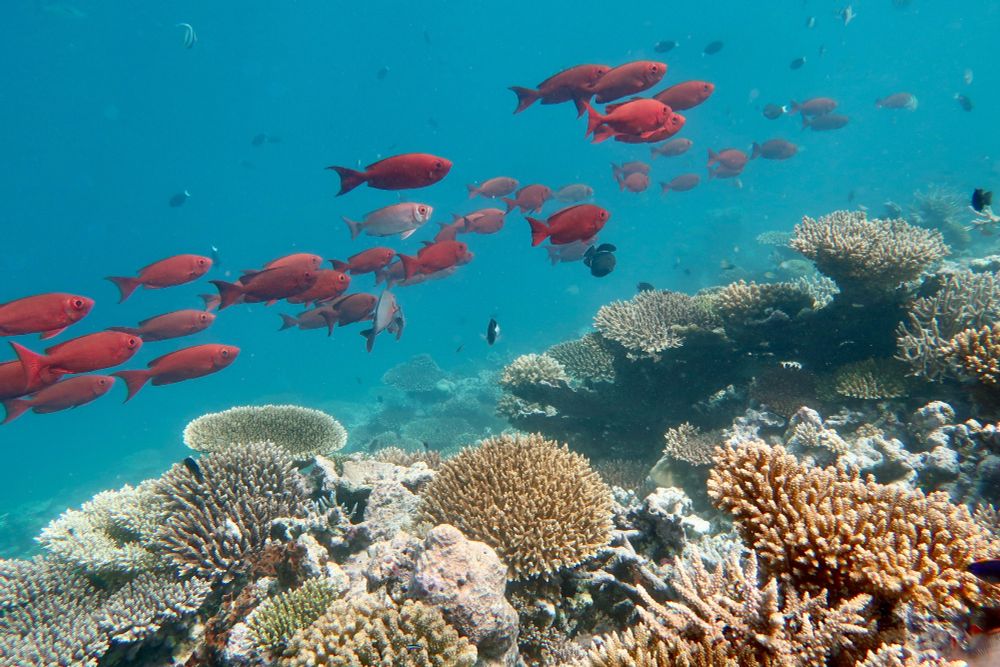
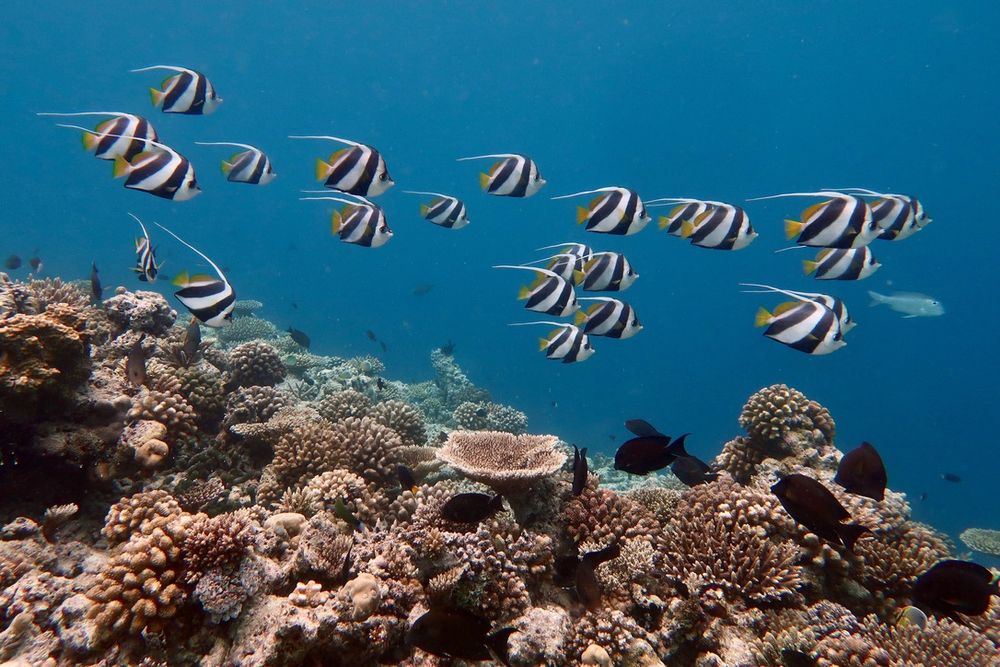
Turns out that 2/3 of these assertions are very wrong...
🌐
🦑🧪
🧵⬇️

New modelling shows coral reefs are declining much faster than they can expand into cooler waters. Without urgent cuts to emissions, there will be no safe havens for corals.
🔗 doi.org/10.1126/scia...
#SciComm #ClimateCrisis 🧪 #Coral

New modelling shows coral reefs are declining much faster than they can expand into cooler waters. Without urgent cuts to emissions, there will be no safe havens for corals.
🔗 doi.org/10.1126/scia...
#SciComm #ClimateCrisis 🧪 #Coral

📄Terrestrial nutrient inputs restructure coral reef dissolved carbon fluxes via direct and indirect effects
doi.org/10.1002/ecm....

📄Terrestrial nutrient inputs restructure coral reef dissolved carbon fluxes via direct and indirect effects
doi.org/10.1002/ecm....


